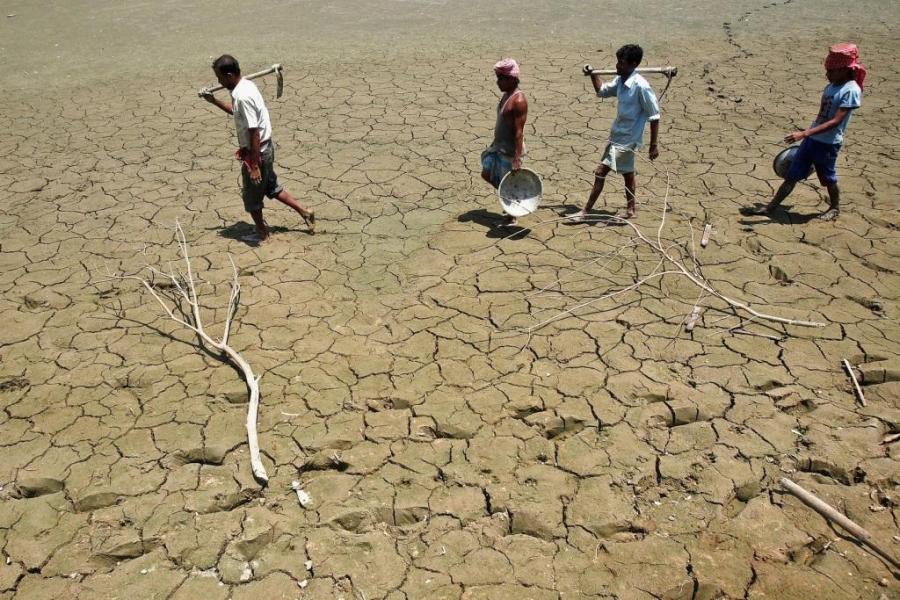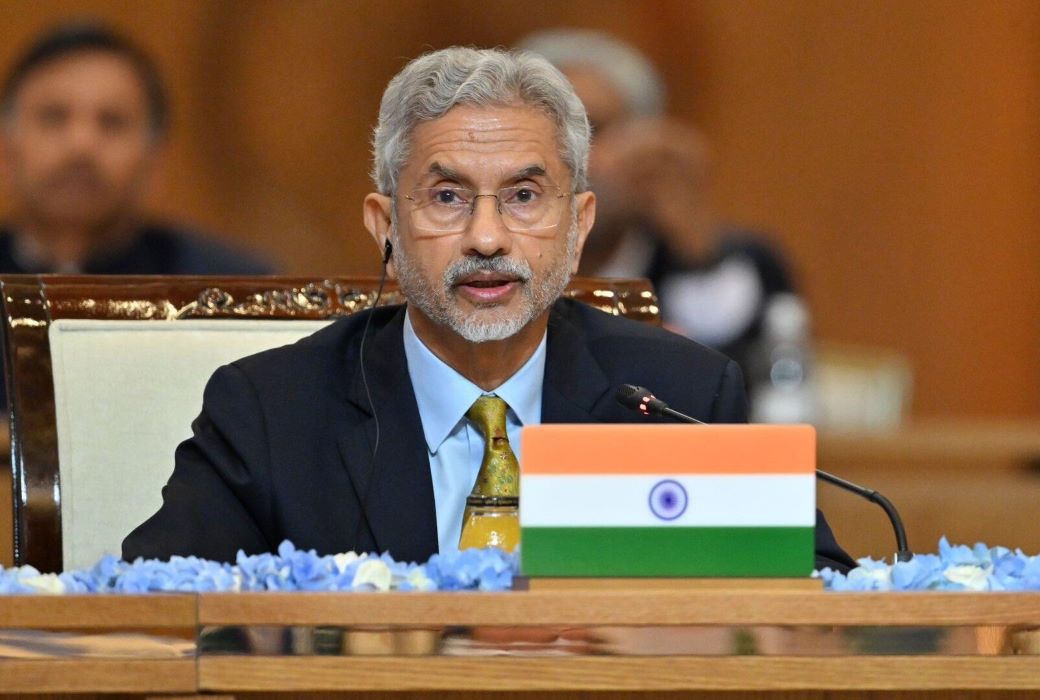New Delhi, September 15, 2024: More than 85 percent of Indian districts are susceptible to extreme climatic conditions including floods, cyclones, droughts and heat waves, a study by IPE-Global and Esri-India has revealed. Furthermore, the study records that out of the 85 percent districts, 45 percent are experiencing changing climatic trends at alarming levels. In other words, flood-prone areas are becoming drought-prone and vice versa.
The study analyzed climate data from 1973 to 2023 and found extreme weather events have increased by four times in terms of frequency and intensity in the recent decades. The last decade only observed a five-fold climate extremes. The data highlights the drastically changing climate risk landscape in India.
Abinash Mohanty, Head of Climate Change and Sustainability Practice at IPE Global was quoted telling India Today, "More than 1.47 billion Indians will be highly exposed to climate extremes by 2036." Further, he stressed the need for "hyper-granular risk assessments" and the establishment of climate-risk observatories to safeguard the Indian economy.
The report highlights an array of concerning trends that includes Bengaluru, Pune, Ahmedabad, Prayagraj and Patna witnessing maximum "swapping trends" between floods and droughts, and over 60 percent districts in states like Andhra, Gujarat, Bihar, Odisha and Rajasthan experiencing multiple extreme climate events. It further noted that Eastern, northeastern, and southern zones are most vulnerable to extreme flood events, while states like Tamil Nadu, Andhra Pradesh and Karnataka are witnessing a notable surge in drought conditions.
Agendra Kumar, Managing Director of Esri India opined the importance of geographic information systems (GIS) in building climate resilience. He said, "GIS technology, with advanced spatial analysis tools and the ability to integrate various data, enables a geographic science approach crucial for understanding climate projections and planning interventions."
In the report, the researchers proposed establishing a Climate Risk Observatory and an Infrastructure Climate Fund to ensure climate-resilient infrastructure and locally-led climate actions.
You may also like to read:
BEL Proposes to Cut Down Over 900 Trees on Campus in Bengaluru; Sparks Outrage
Bisleri Restores Nubra Valley Reservoir InLeh















.jpg)



